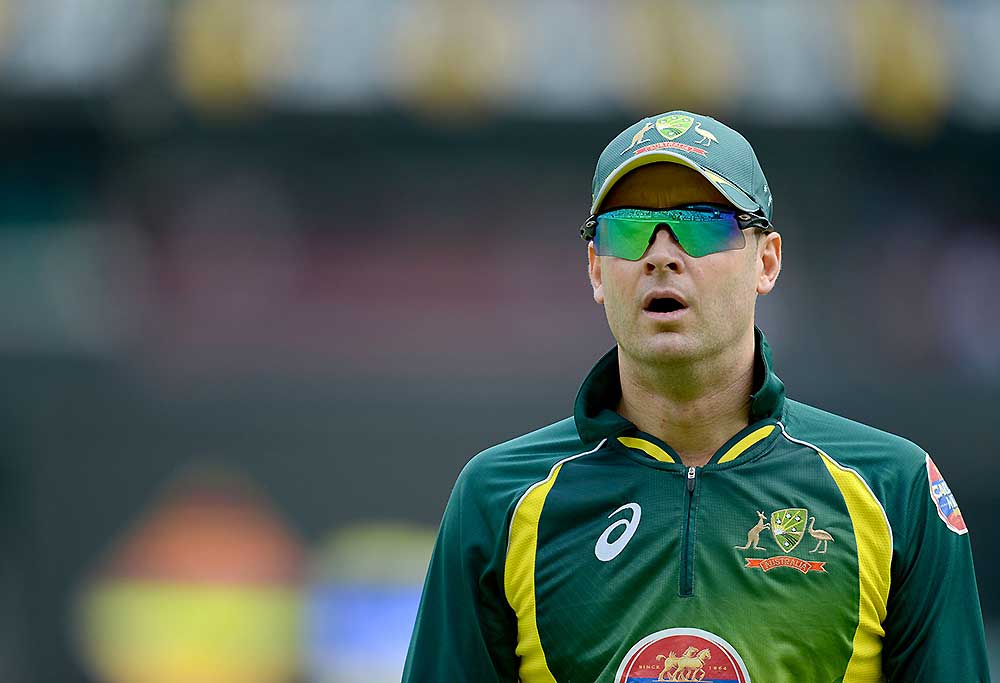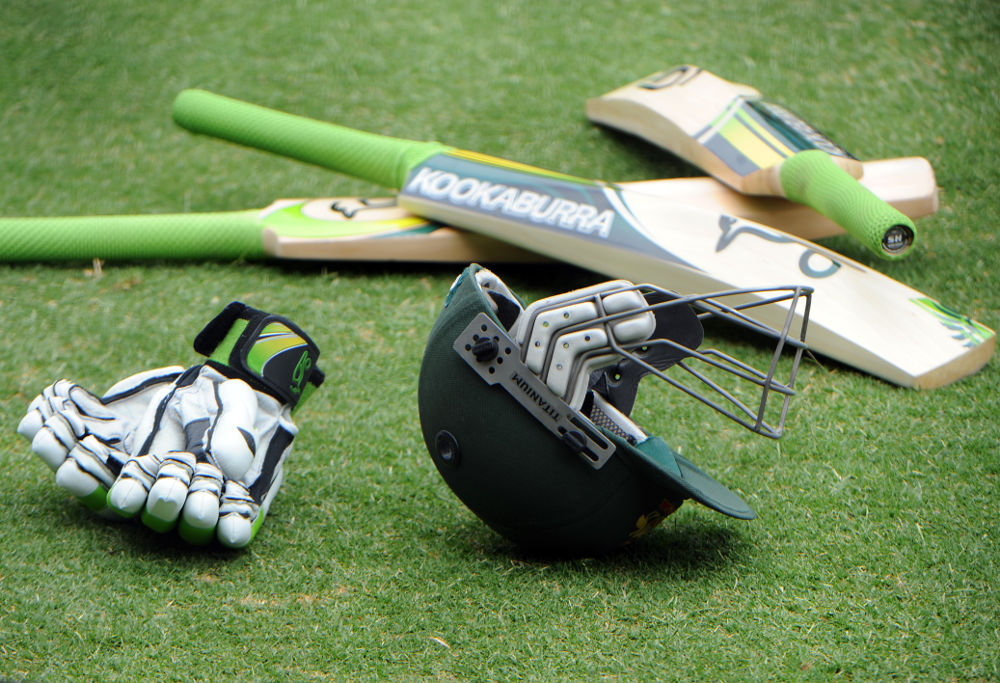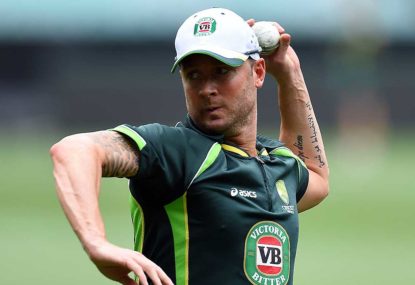In early 2004, six Associate nations competed in an ICC Six Nations Challenge held in the United Arab Emirates, the winner of which would join the ten full members and Kenya at the ICC Champions Trophy to be played in England later in the year.
The teams in the fray were Canada, Namibia, the Netherlands (all of whom had played in the 2003 World Cup), Scotland, the UAE and the United States of America.
In what was a hard-fought round-robin tourney, five teams finished with six points each (Canada with zero points being the exception). But it was the USA who topped the table and qualified for the Champions Trophy, due to their net run-rate being a mere 0.028 points more than second-placed Scotland.
The USA’s Clayton Lambert, who formerly played for the West Indies, led the run charts with a tally of 214.
The 2004 Champions Trophy was the fourth edition of the biennial tournament, and it had the same format that was adopted in the 2002 edition in Sri Lanka – four groups of three teams each, with the respective group toppers advancing to the semifinals. The USA, who were captained by Richard Staple, were clubbed with New Zealand and World Cup champions Australia in a rather intimidating Group A.
The USA duly made their ODI debut against New Zealand in the tournament’s opening game at The Oval on September 10. Boosted by Nathan Astle’s 145*, the Black Caps racked up a total of 347/4, still a Champions Trophy record. Astle’s unbroken fifth-wicket stand of 136 with Craig McMillan took just 46 balls, and despite a breezy opening stand of 52, the USA were shot out for 137 in the 43rd over.
An even sterner test awaited the greenhorns at a chilly Rose Bowl in Southampton on September 13, as they took on Ricky Ponting’s Australians, World Cup holders and unquestionably the best ODI outfit of their time. Considering that the likes of Adam Gilchrist, Ponting, Brett Lee and Glenn McGrath were part of the eleven, a mismatch was expected in front of the sparse crowd of 500, and so it proved.

Michael Clarke (AFP PHOTO / MOHAMMAD FAROOQ)
New Zealand’s massive win had given them a head-start on the net run-rate, and Australia aimed to do better, if in case the final group game between the trans-Tasman rivals fell victim to the fickle English weather. With this end in view, Ponting elected to field on a sluggish pitch after a half-hour delay due to overnight rain, banking on his four-pronged pace attack to engineer a quick demolition job.
Not surprisingly, the bowlers were up to the task. Lee set the tone by uprooting Mark Johnson’s leg-stump off the second ball of the innings. In the next over, Leon Romero perished to a direct hit from Damien Martyn at cover to make the score 2/2. Steve Massiah joined opener Rohan Alexander for a steadying third-wicket partnership of 30, but that passage of nine overs was the high point for the USA.
Michael Kasprowicz replaced Lee in the 11th over, and it took him two balls to strike, as he had Romero caught behind by Gilchrist. Kasprowicz also made inroads in his next two overs – in his second over, he had Staple out leg-before, and in his third, he had Massiah (the only batsman to reach double figures, with 23) caught by Darren Lehmann at mid-off before trapping Tony Reid on the pads off the next ball.
Kasprowicz had sent the USA crashing from 32/2 to 46/6 in the space of four overs, and his figures at this stage read 3-1-7-4. He eventually finished with 4/14. At the other end, Jason Gillespie ensured that there was no lower-order rearguard, as he gobbled up the last four wickets in an equally devastating spell to return figures of 4/15. The USA were all out for a paltry 65, and the innings lasted only 24 overs.

.
This created a new record for the lowest total in the Champions Trophy, going below Bangladesh’s 77 against New Zealand at Colombo in the 2002 edition. There were only four fours, three of them from Massiah’s bat. The absence of Lambert, who missed the game due to a groin injury, did not help the USA’s cause. Had it not been for Massiah’s gritty effort, they would have probably struggled to reach 50.
Gilchrist and Hayden hurried to an opening stand of 41 within five overs, before Howard Johnson had the latter caught behind by Mark Johnson for 23 to give the USA their only wicket. Gilchrist, who remained unbeaten on 24, completed the formalities along with Ponting. The target was achieved in 7.5 overs, when Gilchrist hit off-spinner Rashid Zia for six, giving Australia a thumping nine-wicket win.
The entire match lasted just two hours and 44 minutes. Kasprowicz was named Man of the Match for his four-wicket haul, which he followed with a return of 3/32 to play a key role in Australia’s seven-wicket win over New Zealand that sealed their semifinal berth. However, Australia met their match in England, who took the semifinal by six wickets. England in turn lost to the West Indies in a thrilling final.
As for the USA, they have not played in an ODI ever since. They had a lacklustre campaign at the 2005 ICC Trophy (the 2007 World Cup Qualifier) in Ireland, finishing tenth out of 12 teams. American cricket has been dented by administrative ineptitude for the best part of the last decade, much to the detriment of the game. Currently, the USA are placed in Division Three of the World Cricket League.































































































